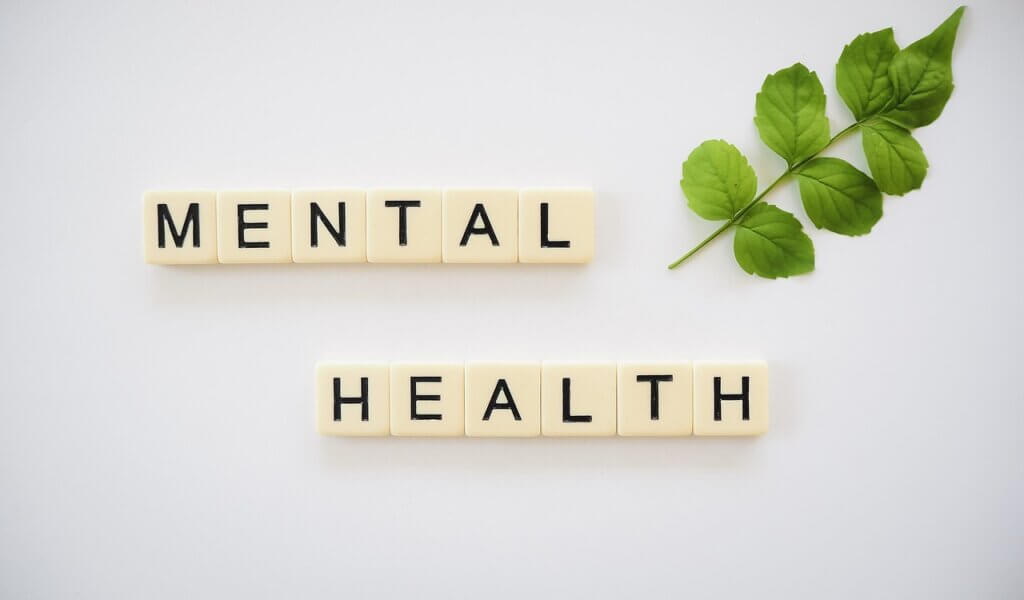Testosterone is a hormone that plays many roles in a man’s life. Maintaining high hormone levels to maintain good mental health and an active libido is essential. Testosterone and mental health are closely connected. Low testosterone levels can slow down the speed at which a man builds muscle mass and cause weight gain, possibly leading to depression or anxiety.

What is testosterone?
Testosterone is the hormone that distinguishes between males and females. From the first few days inside the mother’s womb, testosterone will cause a fetus to develop as a boy rather than a girl. (Females are the default form in humans and most animals. Unless testosterone is present in the blood, a fetus will develop into a female, and only if testosterone is there and in the right quantity can a male develop normally). After birth, it drives the body’s shape, form, and character. As a boy enters puberty, testosterone levels increase dramatically, bringing about the descent of the testicles, sperm production, pubic and facial hair, and a deeper voice. It’s also one of the chemicals that creates sexual desire and prowess.
Once the decade of maturation from boy to man has passed, the testosterone levels normally settle for about twenty years. After age 40, testosterone levels decline by roughly 1% each year. While this is an expected part of aging, it can cause some undesirable effects in how it can leave men feeling less energetic and focused and with lower levels of sexual desire (libido) and performance.
Some diseases and certain medications can influence testosterone levels, such as testicular cancer, radiation treatments, and thyroid diseases.
The symptoms of low testosterone
The most common symptoms of low testosterone include:
- Erectile dysfunction or low libido (sex drive)
- Depression
- Fatigue
- Decreased muscle mass
- Increase in body fat
- Decreased bone density
- Reduced sense of well being
Testosterone and mental health
Some studies have shown that men with lower levels of testosterone (low T) are more likely to suffer from depression. The connection between low T and low libido or depression is well established, but it’s not yet proven whether low testosterone levels can cause depression or vice versa.
Click here to read our article on Treating Depression with Hormones
What’s more relevant than knowing whether low T can cause depression is that multiple scientific studies have shown that treating men who have low hormone levels and complain of symptoms like mood swings, anxiety and depression with testosterone boosters has definite benefits. One analysis of multiple studies of the use of Testosterone Replacement Therapy in the treatment of depression, published by the National Institute of Biotechnology Information, found a significant reduction of depressive symptoms after treatment with testosterone. The study found that the benefit was proportional to the dose – the more testosterone, the greater the benefit.
Diagnosing low T
If you are experiencing problems similar to what we describe above, performing our private and non-obtrusive self-assessment test is simple. It can give you a good indicator of whether going to your doctor for a confirmatory blood test is necessary. The tool is our Testosterone Deficiency Assessment Test on our website. In just five minutes and by answering seventeen simple questions asking you to rate specific characteristics of your symptoms, you will get a comprehensive rating of the likelihood that low testosterone levels could cause some of your problems. Take this information to your doctor if you think further investigation is necessary.
Treating low testosterone
For those men who do suffer from abnormally low levels of testosterone, there are several alternative treatments available that can provide an effective boost to their hormone levels. The most frequently prescribed form of Testosterone Replacement Therapy are:
- Skin gels like AndroForte 5%, a bioidentical, pharmaceutical-grade hormone cream designed to target low testosterone levels in men. It is applied daily onto clean, dry skin as directed by the prescribing physician. It is generally regarded as the safest and easiest way to receive hormone replacement therapy.
- Intramuscular injections can be administered either by a healthcare professional or a patient. The frequency can range from fortnightly to quarterly. Testosterone injection may cause side effects, such as acne, breast enlargement or pain, hoarseness, deepening of the voice, pain, redness, bruising, bleeding, or hardness at the injection site, tiredness, difficulty falling asleep or staying asleep, and mood swings.
- Skin patches release the hormone to be absorbed slowly through the skin. It is necessary to rotate their location to avoid skin reactions.
- Testosterone pellets can be implanted under the skin every three to six months. The pellets provide consistent and long-term testosterone dosages but require repeat visits to a specialist and can also be painful.
- Sucking gummies (Buccal testosterone tablets) are sticky pills applied to the gums twice a day. The testosterone absorbs quickly into the bloodstream through the gums, but the taste of the gums, and their presence, may not be tolerable for all patients.
- Testosterone nasal gel can be applied to each nostril three times a day. The need for frequent repetition makes this a less favorable option for many people.
- Oral testosterone is restricted to people with low testosterone due to specific medical conditions.
Not everyone will get the same benefit from testosterone therapy. It is important to get testosterone levels checked and analyzed by a doctor before undergoing hormone replacement therapy. It will also largely depend on your age, medical history, and the medications you are taking for other conditions.
Ask your practitioner if you think testosterone treatment will benefit your mental health. You deserve it.
